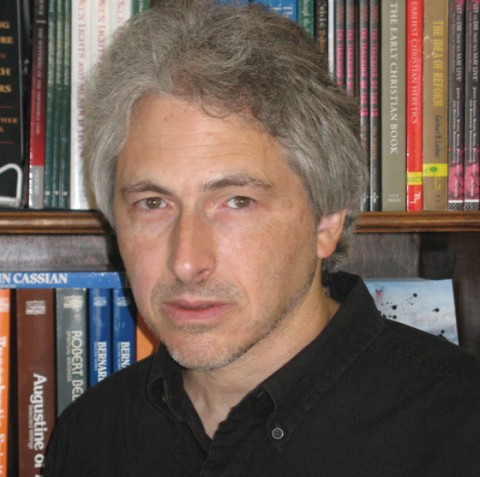Books of consequence: Bookseller Warren Farha

Warren Farha is the founder and owner of Eighth Day Books, a theologically oriented bookstore in Wichita, Kansas, which aims to stock books that "shed light on ultimate questions in an excellent way." We talked with Farha about running his independent bookstore amid the rise of e-books and online commerce.
How did you get into running a bookstore?
The origins of the store go back to a couple of vital sources. One is the Eastern Orthodox community in Wichita in which I was born and raised. The second is a circle of friends that formed in college around books. That circle of friends really nourished my intellectual curiosity and broadened my understanding of theology, biblical studies and literature. We used to toss around ideas about what the perfect bookstore would contain.
What led to actually creating a bookstore?
About a year and a half before the store opened, my first wife was killed in an auto accident. That experience and my grief spurred me to think about a new life and a new vocation. I tried to think of something that I would like to do every day. I could imagine going to a bookstore every day and loving it, so I decided to try that.





